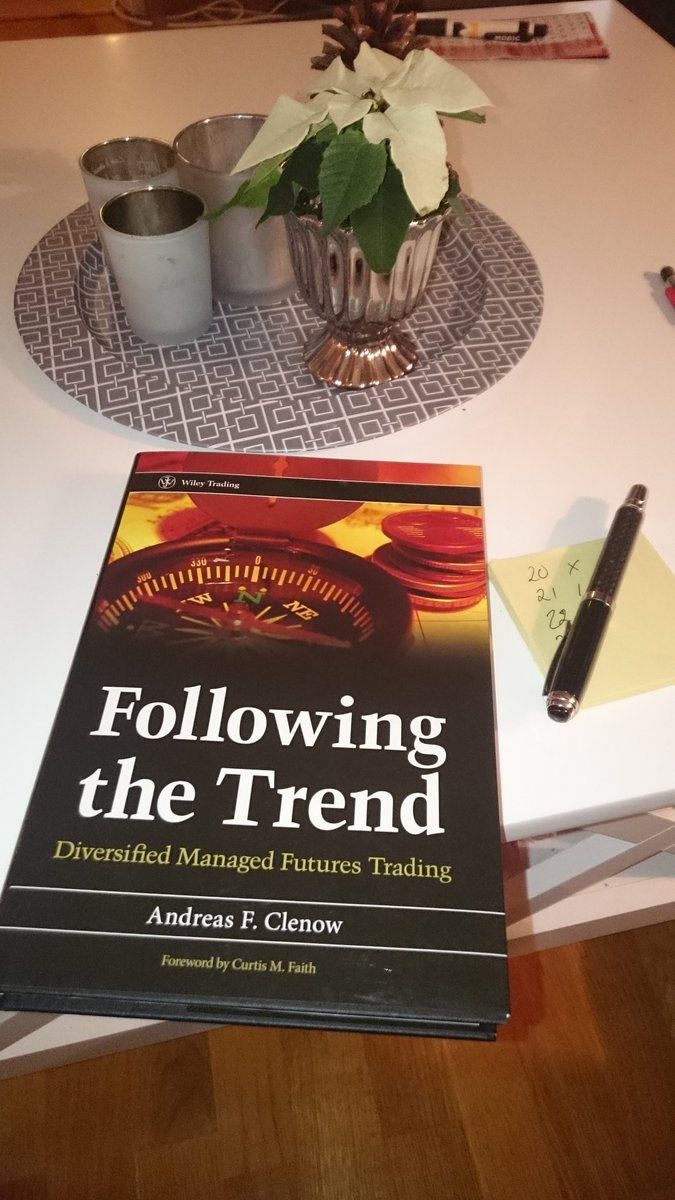“I know it may sound strange to many readers, but there is an inverse relationship between analysis and trading results. More analysis or being able to make distinctions in the market’s behavior will not produce better trading results. There are many traders who find themselves caught in this exasperating loop, thinking that more or better analysis is going to give them the confidence they need to do what needs to be done to achieve success. It’s what I call a trading paradox that most traders find difficult, if not impossible to reconcile, until they realise you can’t use analysis to overcome fear of being wrong or losing money. It just doesn’t work!”
“If you really believe in an uncertain outcome, then you also have to expect that virtually anything can happen. Otherwise, the moment you let your mind hold onto the notion that you know, you stop taking all of the unknown variables into consideration. Your mind won’t let you have it both ways. If you believe you know something, the moment is no longer unique.”
“There is a random distribution between wins and losses for any given set of variables that defines an edge. In other words, based on the past performance of your edge, you may know that out of the next 20 trades, 12 will be winners and 8 will be losers. What you don’t know is the sequence of wins and losses or how much money the market is going to make available on the winning trades. This truth makes trading a probability or numbers game. When you really believe that trading is simply a probability game, concepts like “right” and “wrong” or “win” and “lose” no longer have the same significance. As a result, your expectations will be in harmony with the possibilities.” (more…)





